International
Hong Kong Court Jails Pro-Democracy Leaders Under National Security Law
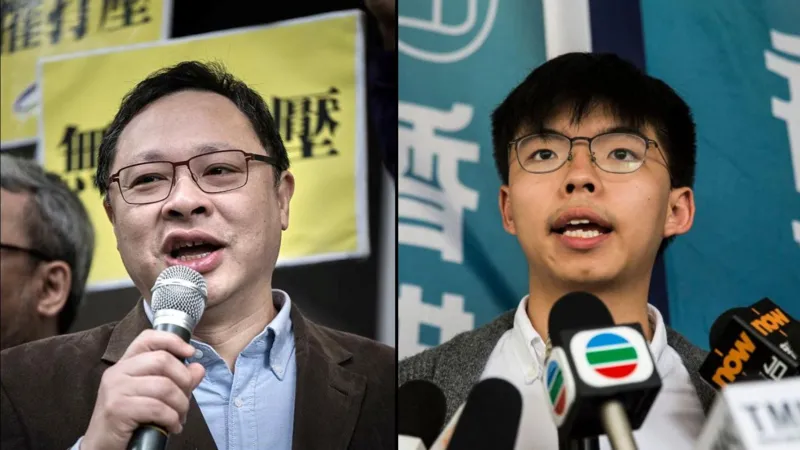
A Hong Kong court has sentenced prominent pro-democracy leaders to prison for subversion in a high-profile case under the contentious national security law (NSL).
Benny Tai, a former law professor, received a 10-year sentence, while activist Joshua Wong was handed more than four years. They were part of the “Hong Kong 47,” a group of opposition lawmakers and activists involved in organizing an unofficial primary to select candidates for local elections. Most of the group were convicted of conspiracy to commit subversion, though two were acquitted.
This trial marks the largest use of the NSL, which was implemented by Beijing in 2020 after widespread pro-democracy protests in Hong Kong in 2019. Initially sparked by opposition to a proposed extradition treaty with mainland China, the demonstrations grew into a broader movement demanding democratic reform, with hundreds of thousands taking to the streets.
EDITOR’S PICKS
- Electricity Meter Costs Rise Again As Deregulation Takes Effect
- Biden, Harris Set To Congratulate Trump On Presidential Win
- Thousands Of ‘Trained’ Combatants Ready To Fight Israel – Hezbollah Chief
Observers say the trial and its outcome have further weakened Hong Kong’s pro-democracy movement, eroded the city’s rule of law, and solidified Beijing’s control over the territory. The U.S. has condemned the trial as “politically motivated,” while Australia has expressed “grave concern” over the sentencing of one of its citizens, Gordon Ng, under the NSL.
Beijing and Hong Kong authorities defend the law as essential for maintaining stability and argue that the convictions serve as a deterrent to those who threaten national security. They deny claims that the law has undermined Hong Kong’s autonomy.
The trial has drawn widespread attention, with dozens of Hongkongers queuing outside the court days in advance to secure seats in the public gallery. Sentences handed down ranged from four to ten years.
Tai, who spearheaded the plan for the unofficial primary, received the harshest sentence, with judges citing his alleged advocacy for “revolution.” Wong’s sentence was reduced by a third due to his guilty plea, though further reductions were denied as judges deemed him not to be “of good character.” At the time of his arrest, Wong was already serving time for participating in protests.
Other notable figures sentenced include former journalist-turned-politician Gwyneth Ho, ex-lawmakers Claudia Mo, and Leung Kwok-hung, who received sentences ranging from four to seven years.
The 2019 protests lost momentum amid the COVID-19 pandemic, but activists sought to sustain the movement by organizing a primary for the Legislative Council election in July 2020. The primary aimed to boost opposition representation and potentially block pro-Beijing legislation, attracting over half a million voters.
Organizers argued that the event adhered to Hong Kong’s Basic Law, which guarantees certain freedoms. However, the primary alarmed Beijing and local officials, who accused participants of attempting to “overthrow” the government. The NSL, enacted just days before the primary, became the basis for their arrests in early 2021.
Judges ultimately sided with prosecutors, agreeing that the plan could have created a constitutional crisis and justified the subversion charges.
A Human Rights Watch spokesperson described Tuesday’s sentencing as showing “just how fast Hong Kong’s civil liberties and judicial independence have nosedived” since the enactment of the “draconian” NSL. They added that China and Hong Kong’s governments “have now significantly raised the costs for promoting democracy in Hong Kong”.
The pro-Beijing government may have used the trial to “settle scores” with the pro-democracy camp, said John P Burns, emeritus professor at the University of Hong Kong.
“Central authorities are also using the trial to re-educate the Hong Kong people,” Dr Burns said, with the lesson being “‘national security is the country’s top priority; don’t challenge us on national security’.”
“The case is significant because it provides clues to the health of Hong Kong’s legal system,” he told the BBC. “How can it be illegal to follow processes laid down in the Basic Law?”
Stephan Ortmann, assistant professor of politics at the Hong Kong Metropolitan University said the sentencing “set a precedent for the severity of of punishments for political dissent under the NSL”.
FURTHER READING
- Hezbollah Launches 120 Projectiles From Lebanon Into Israel
- Full List of Chief of Army Staff Who Died in Office
- ECOWAS Court Partners ICRC To Domesticate International Humanitarian Law
The pro-democracy movement has now been “greatly weakened” where “self-censorship has become the norm, and fewer people openly align themselves with the pro-democracy camp”, he added.
But activists say that the sentencing is far from a complete victory for Beijing.
“It doesn’t mean the Beijing government wins the heart of the people,” said Sunny Cheung, an activist who also ran in the 2020 primaries but has since fled Hong Kong to live in the US.
“They might be happy in a way because the entire opposition is being wiped out… but at the same time, they lost the whole generation. They don’t have the trust of the people.”
Click here to watch our video of the week:
Advertise or Publish a Story on EkoHot Blog:
Kindly contact us at [email protected]. Breaking stories should be sent to the above email and substantiated with pictorial evidence.
Citizen journalists will receive a token as data incentive.
Call or Whatsapp: 0803 561 7233, 0703 414 5611


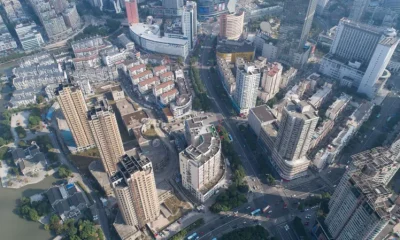

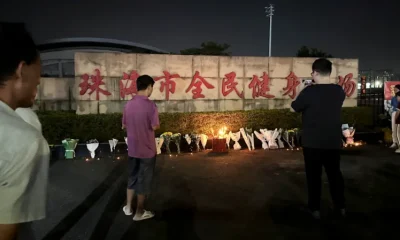


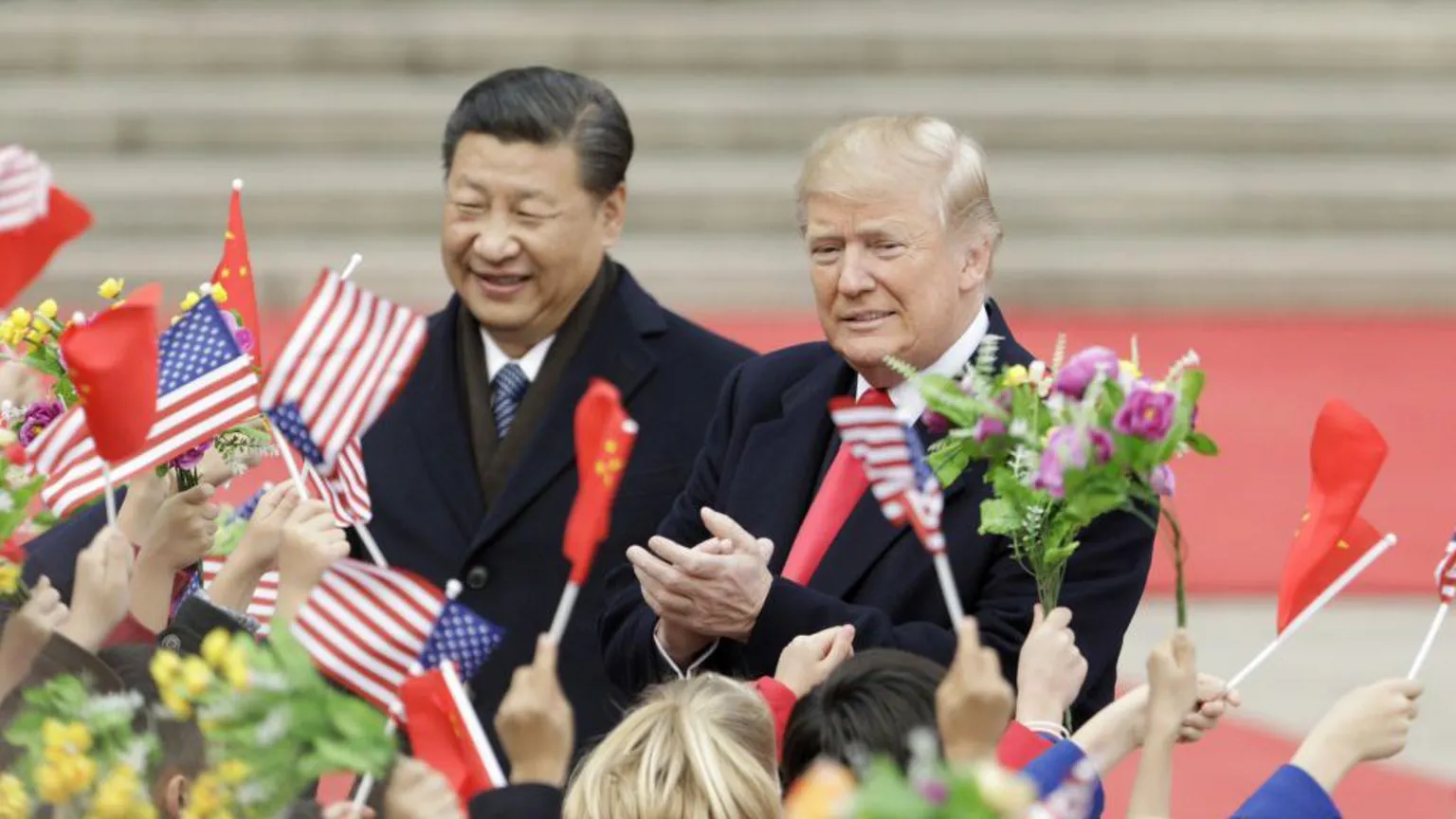
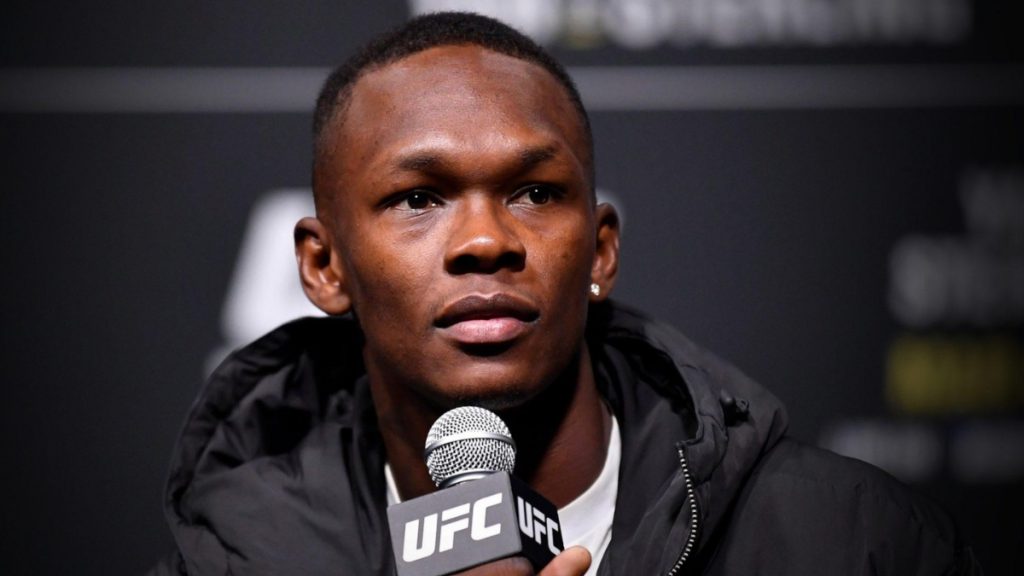
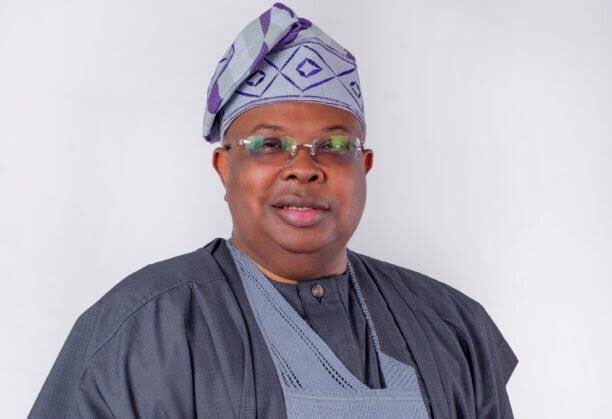





You must be logged in to post a comment Login